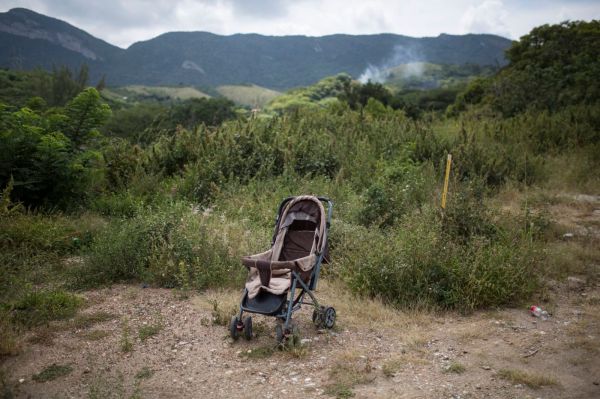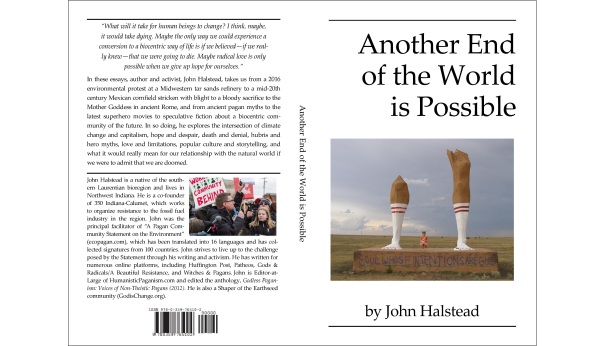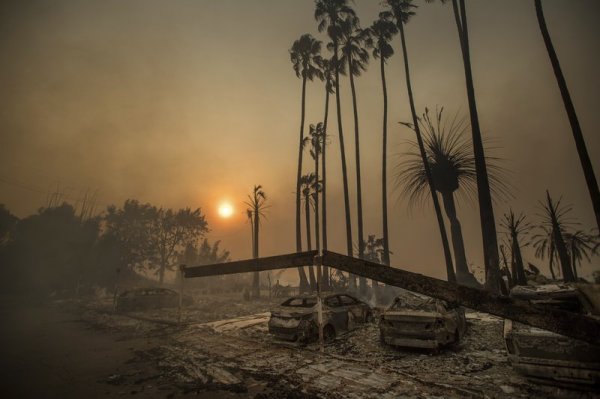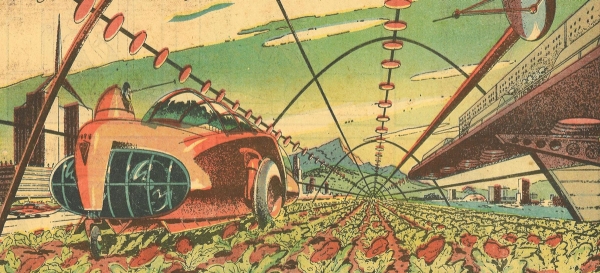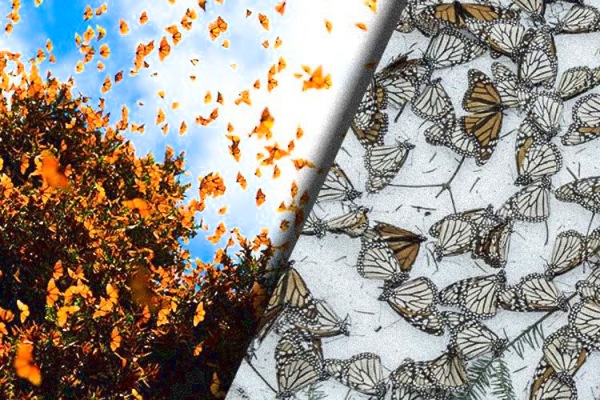day 1—our house, second car, closets full of clothes, a fridge full of cold food, lots of books, two televisions, laptops, video game console, boxes of Christmas and Halloween decorations, family heirlooms, stuffed animals, unpaid bills on the desk, a drawer full of elementary school art projects, the answering machine with unanswered messages
day 2—three black Samsonite suitcases with extra clothes (to make room for water and canned food)
day 3—Honda Pilot SUV (out of gas) and, in the back of the car, lots of canned food and water, extra jackets and shoes, shaving kit, more books, cookbook with favorite recipes, heirloom quilt, photo album with pictures of our wedding, the births of our children, and Christmases and birthdays past
